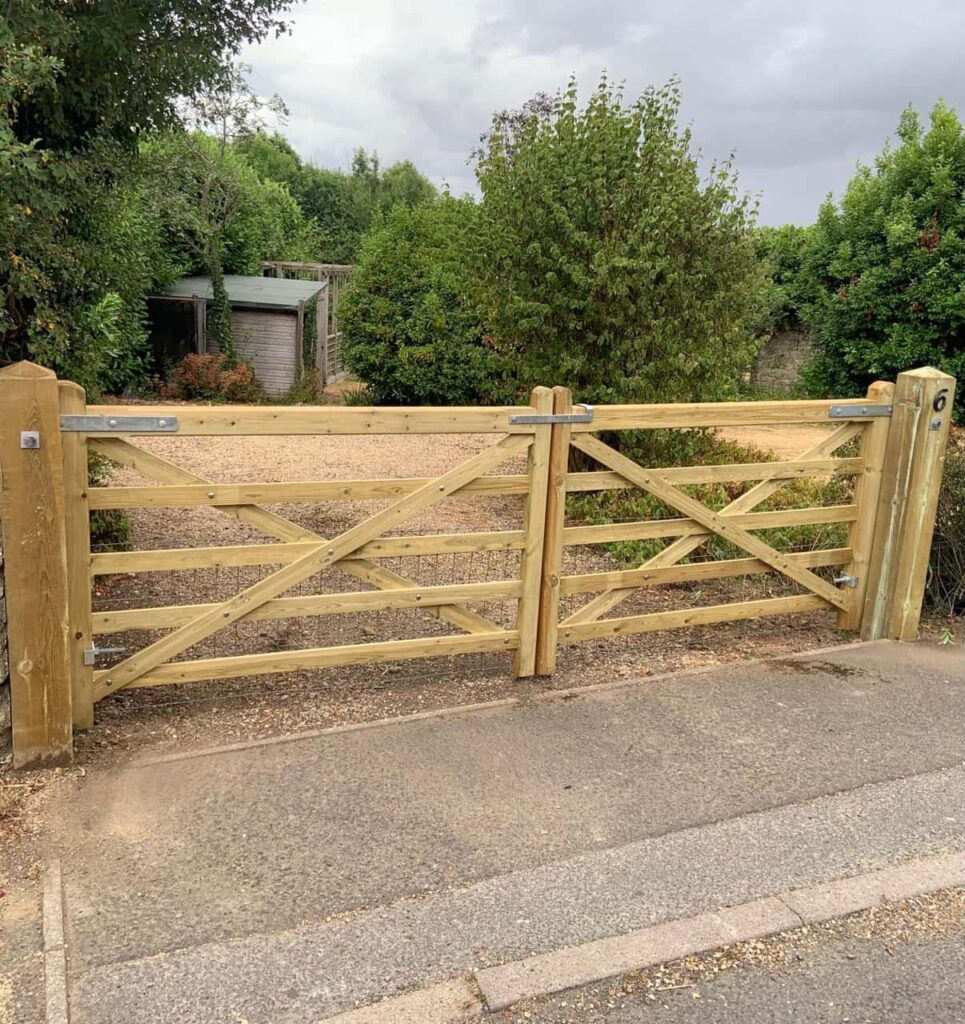The Role of Custom Fencing in Noise Reduction
Introduction: In an increasingly noisy world, finding peace and tranquillity within the confines of your property can be challenging. Fortunately, custom fencing can mitigate unwanted noise and create a quieter, more serene environment. In this blog post, presented by Fast Fix Fencing Tonbridge, we’ll explore the role of custom fencing in noise reduction and how it can help you reclaim peace in your outdoor space.
1. Understanding Noise Pollution
Noise pollution is a pervasive issue that can significantly impact health, well-being, and quality of life. Common sources of outdoor noise pollution include traffic, construction, industrial activities, and neighbours. Excessive noise can disrupt sleep, increase stress levels, and even lead to long-term health problems such as hearing loss and cardiovascular disease. By implementing effective noise reduction measures, such as custom fencing, you can minimise the negative effects of noise pollution and create a more comfortable living environment.
2. Choosing the Right Materials
When it comes to noise reduction, not all fencing materials are created equal. Certain materials offer better sound insulation properties than others, making them more effective at reducing noise transmission. Dense materials such as timber, masonry, and composite materials are ideal for custom fencing projects for noise reduction. These materials effectively absorb and block sound waves, providing a barrier that helps to minimise noise pollution from entering your property.
3. Designing for Maximum Sound Absorption
In addition to choosing the right materials, the design of your custom fence can also impact its effectiveness in reducing noise. Opt for a solid fence rather than an open or lattice-style fence, as solid panels provide better insulation by blocking and absorbing sound waves. Consider adding height to your fence to create a taller barrier that impedes noise transmission from nearby sources. Additionally, incorporating features such as overlapping panels, double-sided construction, or acoustic insulation materials can enhance the sound-absorbing properties of your custom fence.
4. Strategic Placement and Orientation
The placement and orientation of your custom fence can also influence its effectiveness in reducing noise. Position your fence strategically to create a barrier between your property and the source of noise pollution, such as a busy road or noisy neighbour. Orient the solid panels of your fence perpendicular to the direction of the noise to maximise sound absorption and minimise noise transmission. You can create a more peaceful and tranquil outdoor environment by strategically placing and orienting your custom fence.
5. Additional Noise Reduction Measures
In addition to custom fencing, you can implement other noise reduction measures to enhance the tranquillity of your outdoor space further. Planting dense vegetation such as hedges, shrubs, and trees along the perimeter of your property can act as a natural barrier to absorb and block noise. Installing water features such as fountains or ponds can also help mask unwanted noise with the soothing sounds of flowing water. By combining these additional measures with custom fencing, you can create a truly serene outdoor retreat free from the distractions of noise pollution.
Conclusion: Custom fencing plays a crucial role in noise reduction by providing an effective barrier to absorb and block unwanted noise from entering your property. By choosing the right materials, designing for maximum sound absorption, strategically placing and orienting your fence, and implementing additional noise reduction measures, you can create a quieter, more peaceful outdoor environment where you can relax and unwind in tranquillity.
Call us on: 01732 440 993
Click here to find out more about Fast Fix Fencing Tonbridge
Click here to complete our contact form and see how we can help with your fencing needs.

